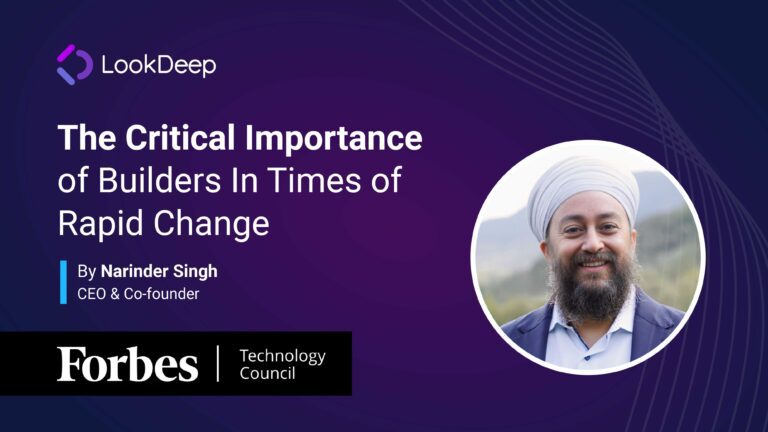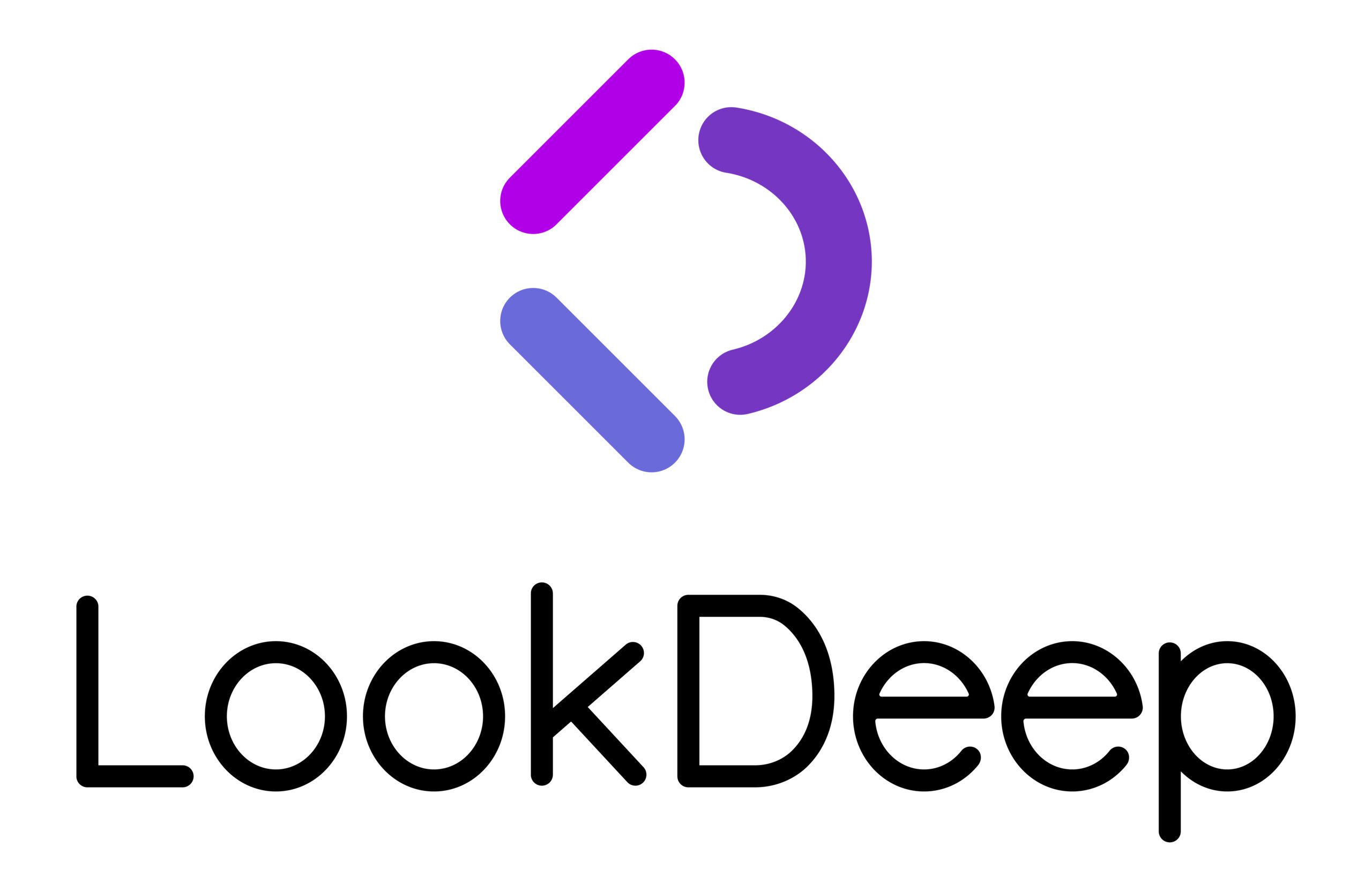In a recent Forbes byline, LookDeep CEO Narinder Singh celebrates “builders” – those who focused on creating or building something as their route to success. Many of the most iconic leaders like Mark Zuckerberg, Bill Gates, Elon Musk and Judy Faulkner come from this background. He argues that builders – more than other disciplines – are the key to navigating new innovations or change. In healthcare, we need builders more than ever.
Why is this skill, over sales, marketing, finance and others so critical to outsized success?, as the article states: It turns out that most often, the primary steering skill – especially through times of change – is that of a builder; being able to see something that never was… and break down the path to get to that future. Whether it is legos, a piece of software, or a house – the gift of sight is what makes a truly great builder. This same sight is essential to navigating changing times or the unknown.
As the healthcare industry faces unprecedented change, driven by advancements in AI, the role of builders becomes even more critical. Builders have the unique skill of navigating through uncertainty and turning ambiguity into actionable steps.. AI’s potential in healthcare is vast, but its successful implementation depends on those who can see beyond the immediate challenges,envision a transformative future, and make it a reality on the ground. Historically, the history of such innovation in acute care delivery has been underwhelming.
Can a non clinician be a “builder” for the hospital of the future?
Generally, the answer is probably not, but not for the obvious reasons. Hospital care is incredibly diverse. Various departments, roles, and specialties make it an ecosystem of overlapping care vs a single pathway. The concept of design thinking only works if you have a baseline of knowledge or can scale the time to observe what is happening – e.g. redesigning workflow in a French nuclear plant in a few days would be naive if one did not speak French or had no knowledge of nuclear or power processes.
Clinical and care workflows knowledge is deep and specific. It would be equally unlikely that a doctor would redesign nursing workflows or an ICU nurse would redefine surgical processes. That either would have deep intuition of the art of the possible with AI –especially after seeing only technology in the hospital – completes the triangle of the unlikely.
Hospitals, more than any other part of healthcare, are different from nearly any other industry because they combine such distinct and non overlapping essential elements. Building requires a level of collaboration and distinct perspectives that are fundamentally different from creating a social network or database or operating system.
In the face of rapid technological changes, particularly with AI, the ability to navigate unknown roads is more vital than ever. Builders can guide healthcare organizations through the fog of uncertainty, creating execution paths that leverage new toolsets. This can result in advancements faster and more widespread than even the early days of the internet.
Yet to succeed in applying this to hospitals we need an intuition on how to travel the uncertain road and a partnership of perspectives between technology, front line care delivery and specialized medical expertise.
Discover more about the critical role of builders and how they can shape the future of healthcare in Singh’s full article on Forbes.


